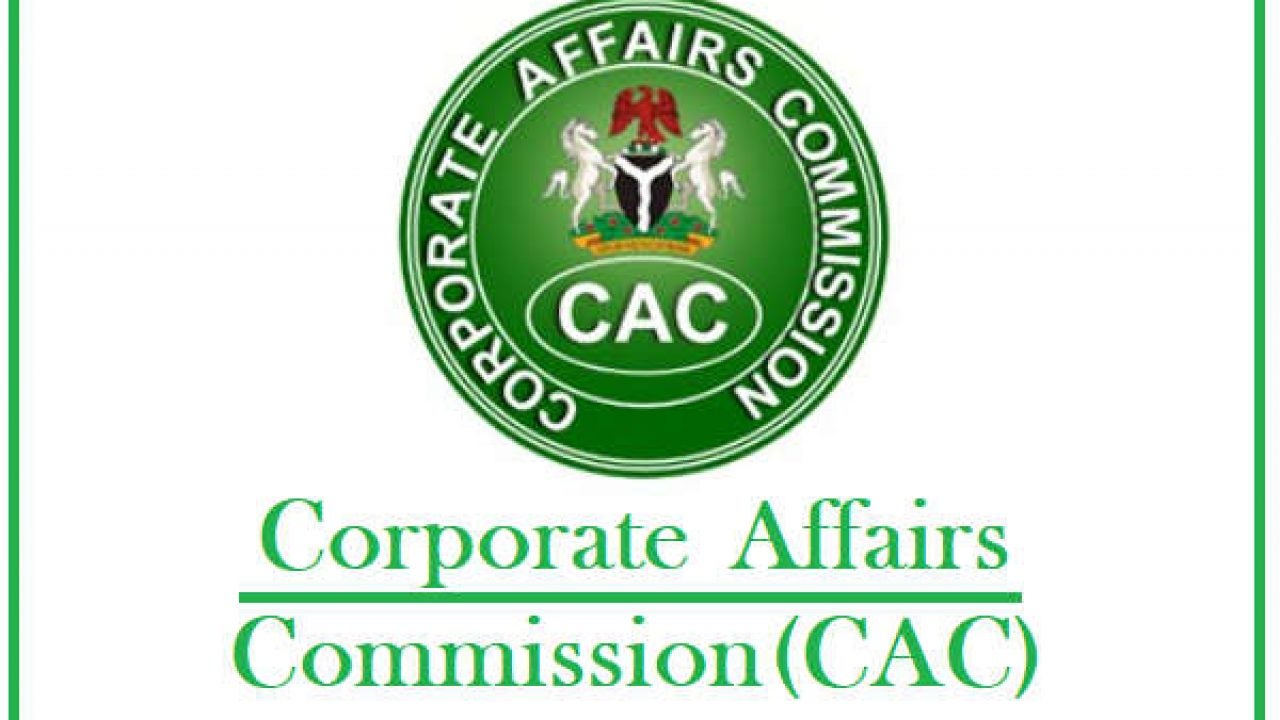A total of 161 students of the Nigerian Law School have made First Class in the August/September 2018 bar examination.Director General, Nigerian Law School, Prof. Isa Hayatu Chiroma (SAN), disclosed this yesterday at the call to bar ceremony in Abuja. He said 4,779 out of 5,846 students who sat for the examinations; including 11 candidates from previous Bar examinations were successful.
He further disclosed that 113 of them were females, while 48 were males, adding: “The students maintained their positions as the best in their universities, as well as in the Nigerian Law School.He disclosed that 694, representing 11.87 per cent of the candidates had second class upper; 1,275 (21.27 per cent passed with second class lower, while candidates in pass grade were 2,649, representing 45.3 per cent.
The DG added: “The general performance, which was unprecedented, justified the huge investment and sacrifice made by all concerned. “We promise to sustain and even surpass the attained record with a zeal to continuously progress in all that we do, as long as our students are willing to excel. We shall avail them of the opportunity to achieve their goals.”
In his address, Life Bencher and Chairman, Body of Benchers,Bashir Dalhatu, said this year’s call to bar was so unique, because it was the first time that such number graduated with a first class degree.
“This has become a subject of public discuss in recent times. The bottom line is that we should have a system of law teaching and practice. It is up to the standard of which we are all proud of, and can be defended at any given point,” he said.
Dalhatu said: “As professionals, you must apply wisdom and the courage to refuse to act for a client, when the client’s instructions would cause you to violate the rules of professional conduct.
“To this extent, I charge you all to be conversant with the provisions of the rules to avoid practices that go foul to the rules.“Where a complaint is made against your conduct in your capacity as a legal practitioner, the alleged offence would be put side by side the provisions of the Rules of Professional Conduct (RPC), to see if there is a prima facie case against you.”
He added that once it has been established as such, such person would face a disciplinary committee, which would sanction the person accordingly.





2 Comments